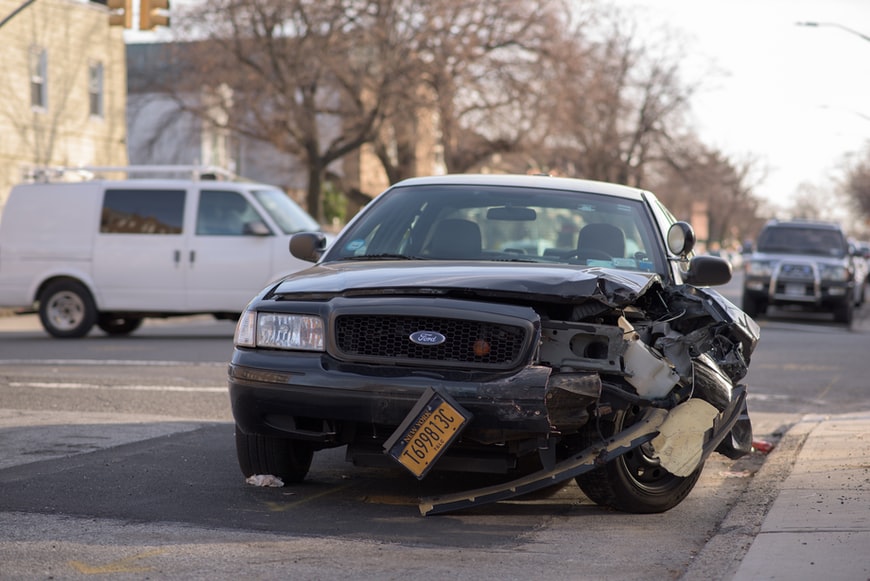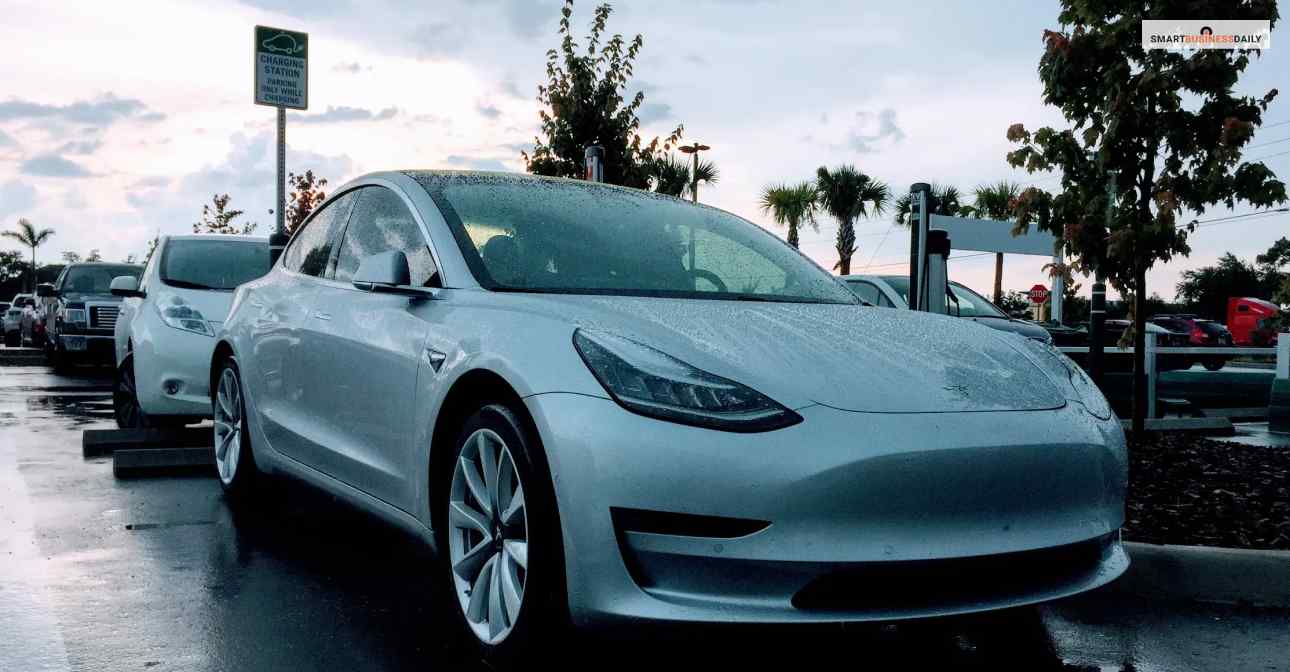How Does Car Insurance Protect You Against Loss or Damage?
3 Mins Read
Published on: 05 May 2021
Last Updated on: 17 December 2024

toc impalement
Car insurance companies determine your rates based on dozens of factors, including your credit score and past driving history. These factors are weighted differently by each insurer, and the same factors can result in different rates for the same person. For example, poor credit can result in a 10% increase in your policy. A claim-free history can result in a 5% discount, but a claim-free record can mean a 30% hike.
Protect In Case of Accident:

Liability coverage is necessary for some states to protect you in the event of an accident. This type of coverage pays out if a third party is hurt or property is damaged in the crash. In many states, this type of coverage is required by law, and it can protect you from financial ruin should you cause an accident. As a result, liability insurance can be crucial in securing the best deal. But before deciding on a car insurance policy, it’s important to understand what types of coverage are available to you.
Cover Property Damage:
There are several types of coverage that are available for your car. Collision insurance, for example, covers the cost of repairs and replacement of your car. Comprehensive coverage, on the other hand, covers damage to other people’s property and pays your medical bills. Whether you choose to carry comprehensive or collision coverage, your vehicle’s value will dictate the amount of coverage you need. A good way to choose the best auto insurance is to compare a quote online or talk to a local insurance agent about what your options are.
Purchase Full Coverage:
The cost of minimum car insurance coverage varies by state. The cheapest states include Iowa, South Dakota, Idaho, and Montana, but they also require you to carry full coverage insurance to drive legally. As a general rule, you should only purchase full coverage when you need it to protect yourself and your passengers. In case of an accident, it’s advisable to seek out comprehensive collision insurance, but be careful not to get caught in the mix.
Choose a Policy to Meet Your Need:
When looking for car insurance coverage, it is best to choose a policy that meets your needs. Full-coverage policies provide physical protection to your vehicle and are designed to cover any injuries or property damage caused by accidents.
You should consider collision and comprehensive coverage when shopping for full-coverage insurance, and you should also have uninsured motorist coverage. These features are essential when it comes to protecting yourself in an accident. If you are injured in an accident, your insurer will pay for the medical bills of the other driver.
Personal Injury Protection:
In case of a car accident, you’ll want to make sure you have adequate coverage. Personal injury protection and medical payments are two of the most common types of coverage you can buy. These are designed to pay for medical expenses caused by an accident. These kinds of coverage are especially important if you own more than one vehicle. You can choose between different policies for different purposes, and a full-coverage policy is the best option for you.
Uninsured Motorist Coverage:

If you’re driving a small car, your state’s minimum requirements may not apply to the type of coverage you need. It is important to understand what type of coverage is required in your state. If you don’t have any, you can add bodily injury protection and uninsured motorist coverage. You’ll be protected from uninsured drivers and accidents caused by other vehicles. This is one of the most important aspects of your car insurance policy, but it’s not the only kind.
A comprehensive and collision coverage plan are the most common types of car insurance coverage. Liability covers damages to other people, but everything else is a must-have. In most states, liability coverage is mandatory, but you’ll need to opt for more than that to avoid problems later. A comprehensive policy will cover the costs of repairs and replacements. You’ll need to choose your deductible level when buying or leasing a car. There are a variety of different ways to choose your best car insurance.

Read Also:


















Comments Are Closed For This Article